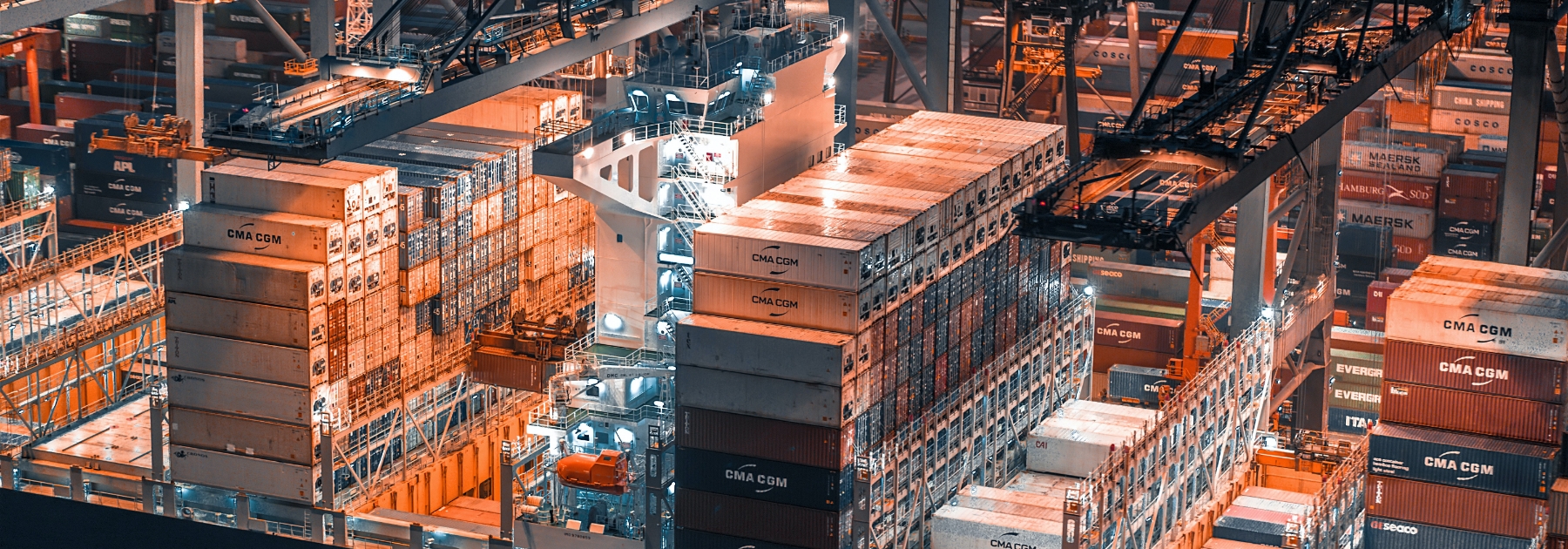
About BoxTech
About BIC
Founded under the auspices of the International Chamber of Commerce in 1933 as a neutral, non-profit, international organization, the BIC today has over 2600 members in over 127 countries.
Publisher of the BIC Code Register since 1970, the BIC was appointed by the International Organization for Standardization (ISO) in 1972 as the industry’s global container prefix registry, a role further endorsed by international customs conventions, and currently has over 2600 container-operating members in more than 127 countries. Since 2013 the BIC has also operated the Global ACEP Database, under the guidance of the IMO.
Today, the BIC code is the “international calling card” of nearly every container in international trade, allowing for proper identification and facilitating the crossing of borders without delay. With a mission to promote the safe, secure and sustainable expansion of intermodal transportation, the BIC enables professional dialogue amongst its members, standards bodies, governments and other industry organizations. The BIC holds official observer status as an NGO at both the International Maritime Organization (IMO) and the World Customs Organization (WCO), and contributes regularly as an observer to the United Nations Economic Commission for Europe (UNECE) and other organizations.
BIC Statistics
Used by
2400
Container-owners/ operators
In
126
Container-operating countries